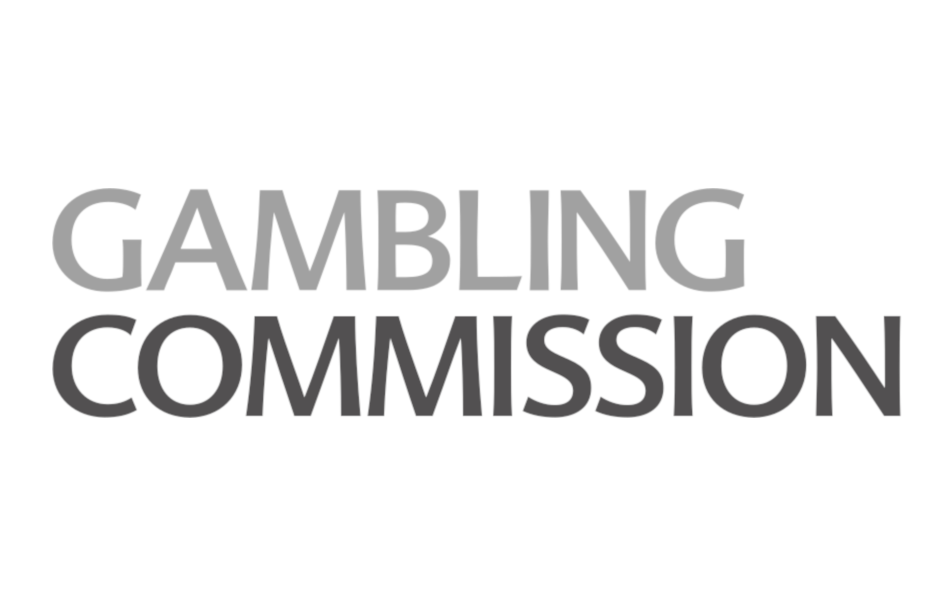
European countries are widely viewed as some of the earliest pioneers in the online gambling industry, and as the industry continues to evolve, many of those same countries are still blazing the trail for the rest of the world.
In addition to innovations such as live dealer games and in-play betting on horse racing and sports, Europe was also the place for some of the world’s first legal regulated online gambling markets in the world.
Since the first advancements in regulation, governments in various countries have both leveraged the lessons learned from regulators in other parts of the world and adapted their rules to fit the special needs of their own jurisdiction – examples of which include restrictions on advertising and payment processing.
In the United Kingdom, one of the first places where online gambling was widely adopted, regulators have been diligently tweaking their rules in an attempt to create an environment that is safe for consumers while still being able to sustain a thriving online gambling industry.
One such way that the UK Gambling Commission has sought to protect consumers recently is by implementing restriction on the use of credit cards for online gambling.
However, with advertising campaigns that promote PayPal casinos, UK operators have been able to offer players the option of still using their favourite e-wallets that can facilitate deposits using debit cards instead.
UKGC Ban on Credit Card Transactions for Gambling
In January, the UKGC announced a ban on credit card transactions for the use of gambling that would take effect in April. At the time Neil McArthur, Gambling Commission chief executive, said:
“Credit card gambling can lead to significant financial harm. The ban that we have announced today should minimise the risks of harm to consumers from gambling with money they do not have.”
“We also know that there are examples of consumers who have accumulated tens of thousands of pounds of debt through gambling because of credit card availability,” McArthur continued. “There is also evidence that the fees charged by credit cards can exacerbate the situation because the consumer can try to chase losses to a greater extent.”
As a result of the ban on credit cards in April, both consumers and operators have had to make adjustments.
Operators have not only had to restrict deposits from credit cards, but as of the issuance of new guidance from the UKGC in June, they have also had to prevent the use of other payment vehicles such as e-wallets, fintech and other electronic money transfer institutions that accept credit cards to make deposits. In turn, money service business (MSB) such as Neteller and PayPal have been required to develop a system that prevents credit card deposits from being used at online gambling merchants.
To be in compliance with the new restrictions, some MSBs are inquiring about the use of deposited funds, asking if they will be used for gambling.
If the consumer indicates that the funds will be used for gambling, deposits from credit cards will be restricted.
If the consumer indicates that the funds will not be used for gambling, those funds will not be available for use at gambling merchants.

